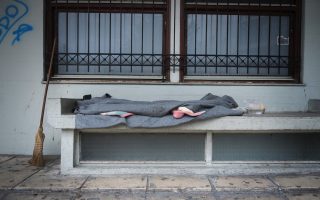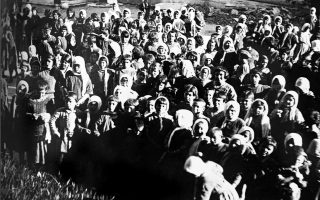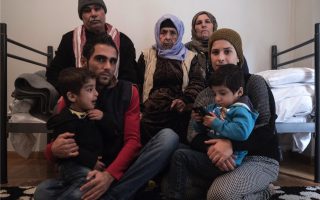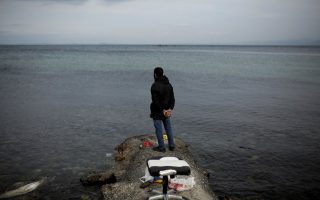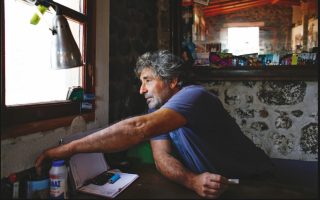Swapping Bond Street for the war zone
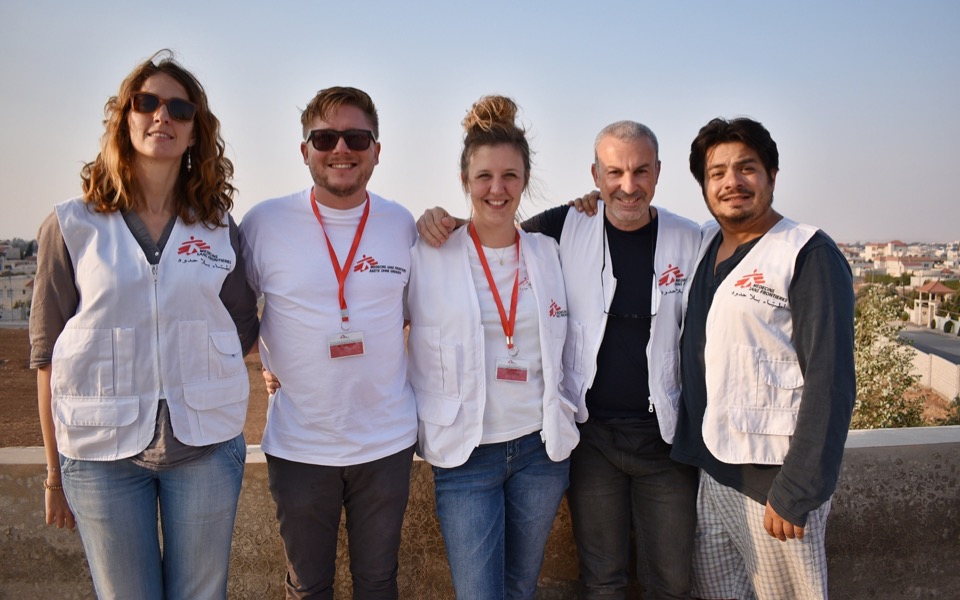
Vangelis Kassotakis would observe the hustle and bustle of daily life in one London’s most expensive locations from the window of his second-floor Bond Street office. Having worked for French luxury goods brand Cartier for 11 years – the last two as marketing director – he found that he wanted something different out of life. He packed up all the personal belongings he kept in his luxurious office, bid his colleagues farewell and set out in search of something meaningful.
Without any real plan in mind, he traveled to Latin America, visiting 15 countries and experiencing the completely unpredictable. Over the next three years he explored more of South America and also went to Kenya, where he spent a number of days living in the wild and helping native tribes.
What came next is not really surprising given those new experiences. Last May, Kassotakis joined Doctors Without Borders in order to help the respected nongovernmental organization provide healthcare and relief to war zones in different parts of the world.
He recently returned from his first mission, in Ramtha, Jordan, where he spent seven months as human resources coordinator, helping refugees fleeing war-torn Syria. His story is the stuff movies are made of.
“I had become intensely interested in what the world was like beyond the Western civilization, so I started traveling a lot a few years ago,” says 43-year-old Kassotakis. “I realized that there were needs in the world that simply could not be compared with our problems in the West, and so I started looking for experiences that would make me a better person and give me what I was looking for.”
He came across Doctors Without Borders by chance and found his calling. He was interviewed and said he was prepared to accept any mission that was thrown his way, regardless of the risk, which was how he found himself 5 kilometers from the southern Syrian border in Ramtha.
“There were daily battles at the time in areas controlled by ISIS in the nearby Syrian city of Daraa. At night, especially, the bombings and gunfire were so intense that the windows would rattle in their frames and you could hardly sleep a wink. We were constantly on alert,” he says.
“I lived in a town where life went on as usual even though you could actually see the war raging in the next town over. I remember seeing flares being shot up in the air to celebrate events like weddings, while at the same time you could see the explosions and hear the boom of artillery on the horizon. It was a surreal scene, life and death so close to each other,” adds Kassotakis.
Kassotakis’s assignment was at a clinic that Doctors Without Borders opened in 2016 to help thousands of Syrians fleeing their country.
“Most people asked us how we could leave our families behind to come to a war zone when they were trying to get away from war and come to our countries,” he says. “When I went to Ramtha I didn’t know anybody, of course. When I left, I felt like I was leaving my home and family. It was an intense experience I will always remember, especially as I know that I will never see most of the people I met ever again.”
How does his new life compare to the old one?
“I don’t reject any part of my life because in my previous job I met a lot of interesting people and had some really beautiful moments,” he says. “No experience is wasted. The difference is that I have a lot more awareness regarding what I’m doing now. Money will not make you happy; finding meaning in your life will, and it’s never too late to do that.”
